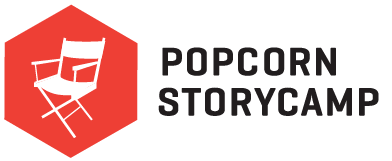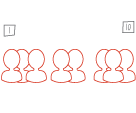

Learners will make their own web native films and explore larger concepts on the topic. They will begin using the Popcorn Maker interface.



When they're finished with their reviews, ask them what next steps would be for each project. How can each project be iterated and improved upon?